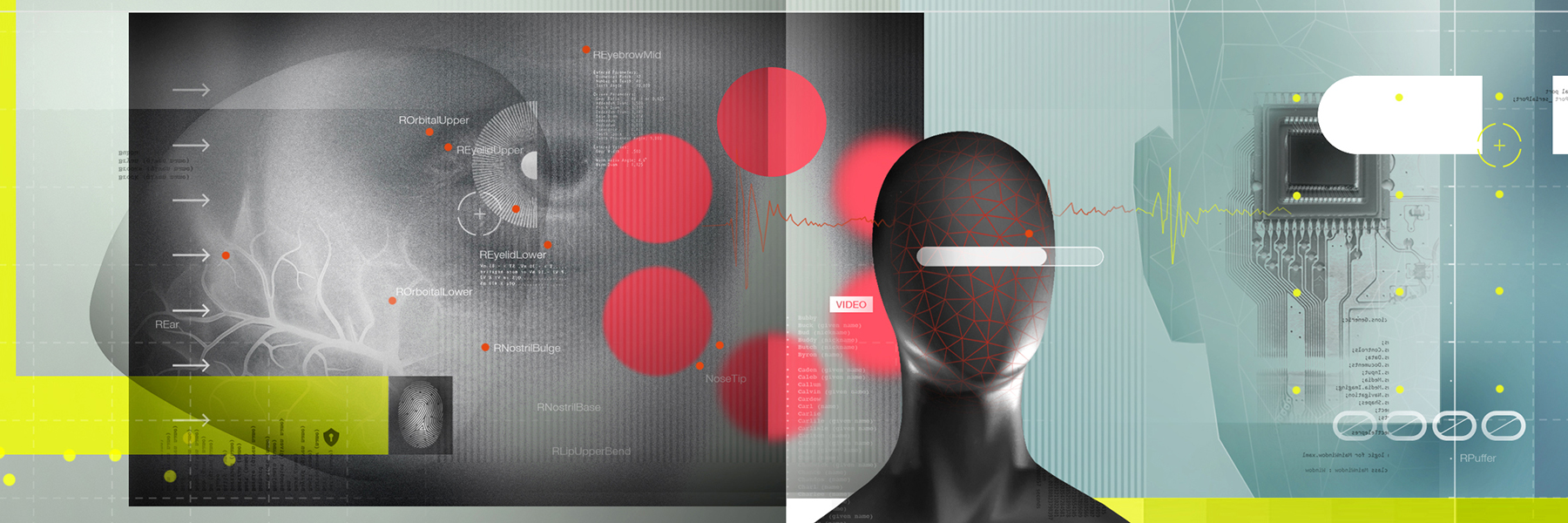The Swiss have embraced AI at record speed

Even researchers are surprised: artificial intelligence (AI) has become part of everyday life in Switzerland faster than any other new technology. Half of the Swiss population uses AI and the majority are comfortable with it. These are the findings of a new study conducted by the University of Zurich. However, AI is also increasing digital inequality in Switzerland.
AI has only been around for two years and the way the technology works is rather opaque. Nonetheless, almost everyone in Switzerland knows about generative AI tools such as Chat GPT (98%), with half of them using such tools (54%). These are the findings of a study conducted by the Department of Communication and Media Research at the University of Zurich. The results were based on an opinion poll commissioned by the Swiss Broadcasting Corporation (SBC), SWI swissinfo.ch’s parent company.
According to Michael Latzer, professor of Media Change and Innovation at the University of Zurich, these high figures are astonishing. “From zero to almost all the young people and half the Swiss population in one and a half years – this has never happened with any other new digital service before,” he says.
Users of AI tools primarily want to test how good they are. Further reasons include processing and simplifying long texts, completing tasks or simply learning new things. Almost three out of four respondents feel ‘very or somewhat comfortable’ using AI tools.
What is your opinion on the matter? Are you scared of AI and if so, why? Join the discussion on the multilingual debate platform “dialogue“:
The younger and better educated the respondents are, the more positive their attitude towards AI. Within the youngest age group (16 to 29 years), almost all have already tried AI tools (93%), while 72% of the oldest age group questioned in the survey (over 70 years) have never used them. A similar pattern can be observed with regard to the respondents’ level of education.
Digital inequality is increasing
With this in mind, it is clear to Latzer that AI will exacerbate digital inequality in Switzerland. The younger and better educated who can benefit from AI on one side and the older and less educated who won’t benefit on the other.
There is also a strong minority that is opposed to AI – at least for the time being. Almost half of the Swiss population has never used AI tools, and the vast majority of them (77%) has no intention of accessing these services, at least not in the near future.
The most common reasons given for not using AI tools are that “generative AI often generates false information” and that it has little to do with the respondents’ daily lives. Further, concerns about data protection were brought up and the statement that AI could be used to monitor people’s private lives was widely supported.
Nevertheless, the opportunities offered by AI seem to outweigh the risks in the eyes of most respondents. “What is striking is the widespread sense of ease with which these tools are used,” says Latzer. “The positive aspects of their use seem to predominate.”
No clear consensus was reached on the question of whether it is possible to regulate AI applications. A third of respondents believe it is possible and a fifth don’t, with a quarter in favour of waiting and seeing. A clear opinion emerged, however, when it comes to children: half of the respondents (54%) say children should be denied access to AI tools.
The study by the University of Zurich is based on the opinion poll “How are you, Switzerland?”, which was conducted by the research institute gfs.bern on behalf of the Swiss Broadcasting Corporation (SBC). The sample of 1,000 people is representative of Swiss internet users aged 16 and over. The data was collected during May and June of this year. The survey was conducted in the four national languages. The average response time was 14 minutes. The sampling error is a maximum of 3.1% at 50:50 and 95% probability.
Adapted from German by Claire Micallef

More
Newsletters

In compliance with the JTI standards
More: SWI swissinfo.ch certified by the Journalism Trust Initiative





You can find an overview of ongoing debates with our journalists here . Please join us!
If you want to start a conversation about a topic raised in this article or want to report factual errors, email us at english@swissinfo.ch.